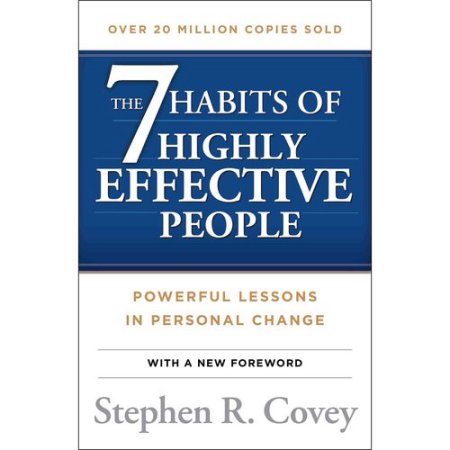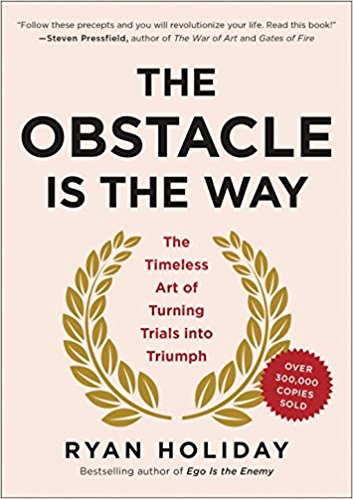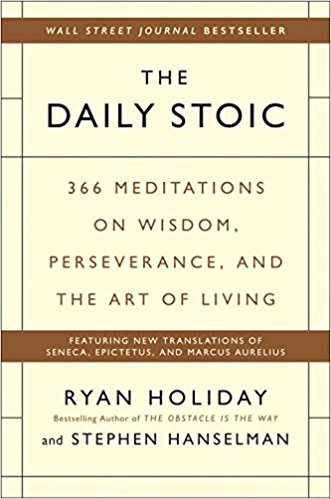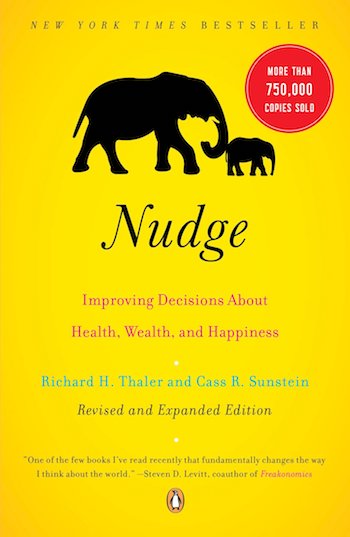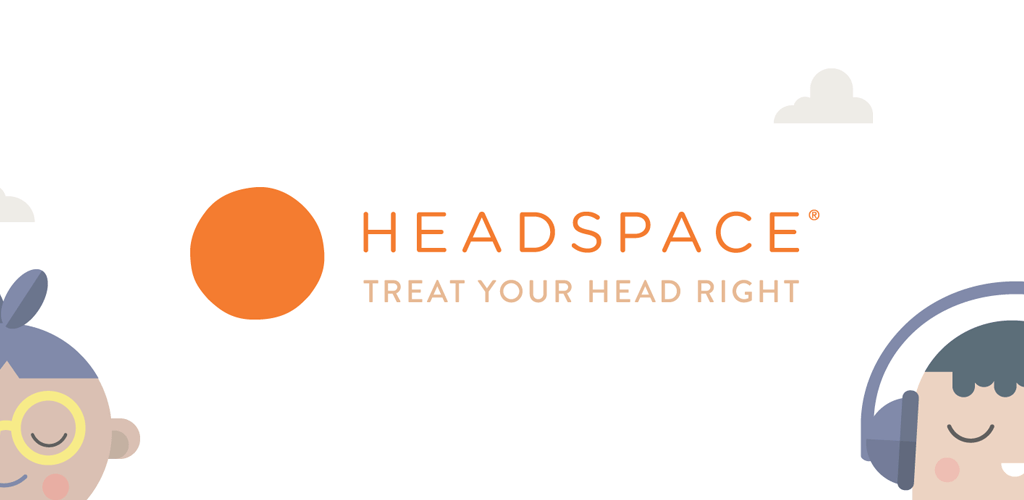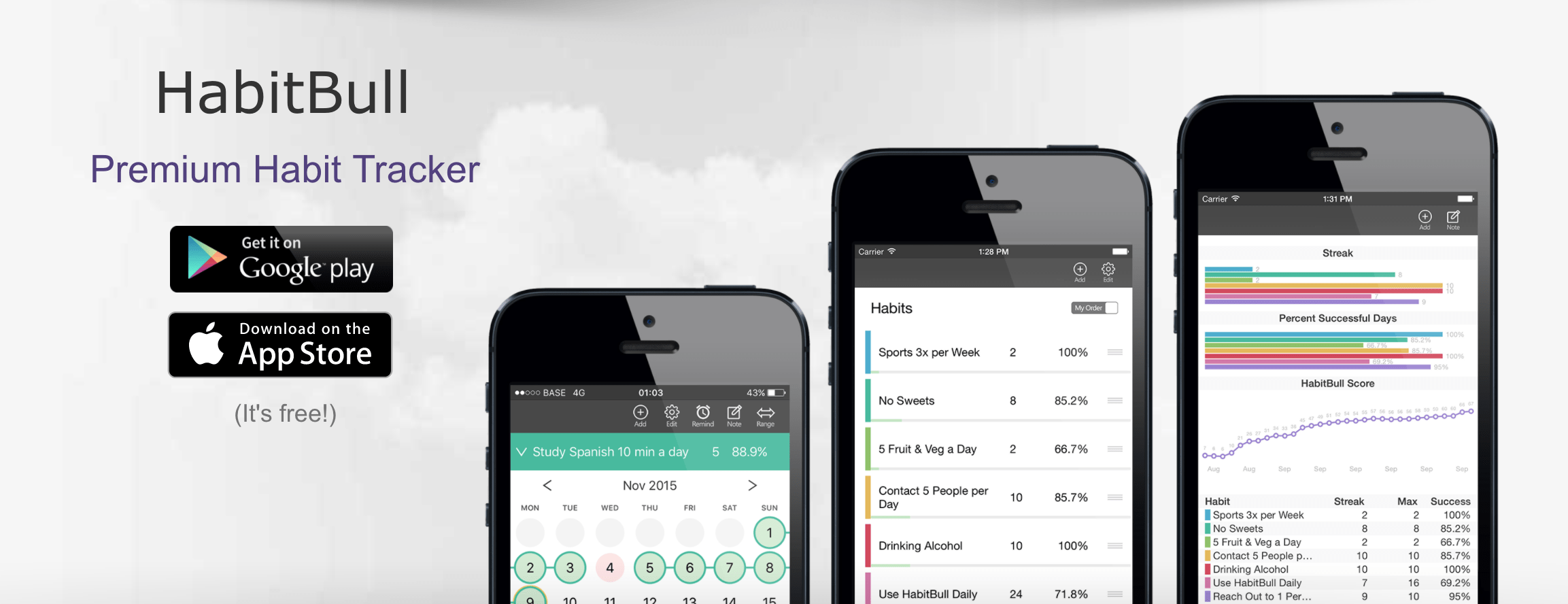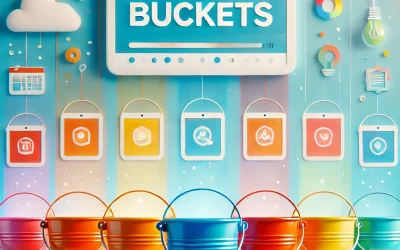I am a pretty firm advocate of personal development. I don’t mean those cheesy self-help books that make you walk on coals, promise you a “secret formula” for wealth, and merely bang on about motivation and inspiration. That stuff is largely snake oil.
No, I mean genuine personal development: building discipline and new skills with practice, focus, and patience.
This kind of work teaches you to look at the world in a different way, to sniff out opportunity more efficiently, to treat challenges and (manageable) adversity as an opportunity to grow, to treat failure as a valuable tool for improvement, and to get a better work/life balance.
There is no quick pill or shortcut with this stuff: it takes work, time, patience, and practice, but it is a wonderful investment in yourself. It can reap great rewards in happiness, relationships, productivity, and more.
Sometimes I recommend some personal development resources (that I have found invaluable) when I speak at conferences, and it struck me that it might be helpful to package this up into a $150 Personal Development Kit: a recommended collection of items you can buy to get you a good start. It is a worthwhile investment.
IMPORTANT NOTE: these are merely my own recommendations. I am not making money from any of this, there are no referral links here, and I am not being asked to promote them. These are products I have personally got a lot of value out of, but of course, your mileage may vary.
Overall Approach
The items I am recommending in the kit are based upon what I consider to be the five key goals we should focus on in ourselves:
- Structured – with so much detail in the world, we often focus on only the urgent things, but not the important things. As such, we get stuck in a rat race. We should aim to look ahead, plan, and use our time and energy wisely so we can balance it on the things we need to do and the things we love to do.
- Reflective – we should always evaluate our experiences (both good and bad) to see how we can learn and improve. We want to develop a curiosity that manifests in positive adjustments to how we do things.
- Stoic – life will throw curveballs, and we need to train ourselves to manage adversity with logic, not emotion, and to find opportunity even in challenging times. This will strengthen us.
- Mindful – we need to train ourselves to manage our minds to to be less busy and have a little more space. This will help with focus and managing stress.
- Habitual – the only way in which we grow and improve is to build good habits that implement these changes. As such, we should be explicit in how we design these habits and stick to them.
Let’s now run through these recommendations and I will provide some guidance on how to use them near the end of this post.
Books
Reading is a critical component in how we grow. Much of humanity’s broader wisdom has been documented, so why not learn from it?
One of the most valuable devices I have ever bought is an Amazon Kindle because it makes reading so convenient. If you are strapped for cash though, go and join your local library. Either way, make a few moments for reading each day (for me it is before bed), it is worth it.
Seven Habits Of Highly Effective People
- $12 (Paperback) · Amazon Link
While the title may sound like a tacky self-help effort, this book is fantastic, and a good starting point in this kit. It is, for me, the perfect starting point for personal development.
Essentially it teaches seven key principles for focusing on the right opportunities/problems, being proactive, getting the most value out of you work, building your skills, and more.
These are not trendy quick fixes: they are consistent principles that have stood the test of time. They are presented in simple and practical ways and easily applicable. This provides a great framework in which to base the rest of the kit.
The Obstacle Is The Way
- $20.00 (Hardcover) · Amazon Link
I have become quite the fan of stoicism, an ancient philosophy that teaches resilience and growth in the most testing of times. Stoicism is a key pillar in effective personal development: it builds resilience and strength.
While the seven habits touches on some stoic principles, this book delves into further depth. It teaches us that in every challenge there is an opportunity for learning and growth. It helps us to train ourselves to manage challenging situations with logic and calmness as opposed to emotion and freaking out.
This book is one that I always recommend to people going through a tough time: it is wonderful at resetting our perspectives and showing that all scenarios can be managed more effectively if we approach them with the right mental perspective. This gives us confidence, resilience, and structure.
The Daily Stoic
- $8 (Paperback) · Amazon Link
When you have read The Obstacle Is The Way, this book is wonderful at keeping these stoic principles front and center. It provides a daily “meditation”, a key stoic principle to read, consider, and think about throughout the day.
I have found this really helpful. Part of personal development is building new ideas and mental frameworks in your head in which to apply to your life. This book is handy for applying the stoic piece so it doesn’t just remain an abstract concept, but something you can directly muse on and apply.
As with all of these methods and principles, they only stick if you practice. This book is a great way to build this discipline.
Nudge
- 12$ (paperback) · Amazon Link
The previous books are designed to build your psychological and organizational armor. While not strictly a personal development book, Nudge is more focused on our approach to problems.
In a nutshell, Nudge demonstrates that we make effective changes to problems with lots of small “nudges”. That is, instead of running in there with a big new solution, apply a collection of mini-solutions that move the needle and you will make more progress. This is huge for solving organizational issues, dealing with complicated people, taking on large projects, and more.
Services and Apps
In addition to the above books, there are also some key services and apps that I want to include in this kit.
Headspace 1 Year Subscription
- $95 · Website
Our lives are riddled with complexity, and as we get increasingly connected with social media, cell phones, and more, our minds are busier than ever before.
As such, meditation is a key personal development tool in managing our minds. In much the same way the previous books help shape a healthier and more pragmatic perspective, meditation is a key companion for this. There are numerous scientific benefits to meditation, but I have found it to be an invaluable tool in maintaining a calm, logical, and pragmatic perspective.
While there are various meditation services, I love Headspace. It is a little more expensive, but it is worth it. All you need is a pair of headphones and a computer/phone/tablet to get started.
You can join a plan on a month to month basis, but I included the 1 year plan in the kit because this should not be a temporary fad…it is a critical component throughout the year.
HabitBull
- Free
The key to making all of the above stick is to practice every day until it becomes a habit. The general wisdom is that it takes 66 days to build a habit, so simply try to practice all of these principles once a day for 66 days straight. After this long you generally won’t have to think about doing something, it will just be part of your routine.
HabitBull (and many similar apps) simply provide a way to track these habits and when you stick to them. This is helpful in seeing your progress, just make sure you use it!
How To Use These
Now, before you get started, it is important to know that benefitting from these different elements of the kit is going to take some discipline.
There is no magic pill here: it will take practice and you will have some good days and bad days. Remember though, even doing a little each day has you lapping those doing nothing.
So, this is how I recommend you use these resources:
- In HabitBull add some habits to track. Our goals is to stick to these every day for 66 days. Add items such as:
- Reading (10mins a day)
- Meditation (10mins a day)
- Exercise (10mins a day)
- Start by reading The Seven Habits of Highly Effective People.
- At the same time start using Headspace and run through the three Basic packs which will take 30 days (10mins a day).
- The next book to read is The Obstacle Is The Way. Again, while reading books, continue using headspace and move onto the themed Headspace packs. Focus on the Prioritization pack next and then the Stress pack. Also listen to the Daily Headspace session which is only 3 mins long each day.
- When you have completed The Obstacle Is The Way, start reading an entry every day from The Daily Stoic (add a habit to HabitBull to track this) and also begin reading Nudge. Again continue using Headspace throughout this.
The most important thing here is building the habit. Do something every day. Even if it means putting it in your calendar, make sure you apply yourself to the above every day.
Further Recommendations?
These are my recommendations for the kit. What else do you think should be included?
What other approaches and methods have you also found to be helpful?
Share your thoughts in the comments!


